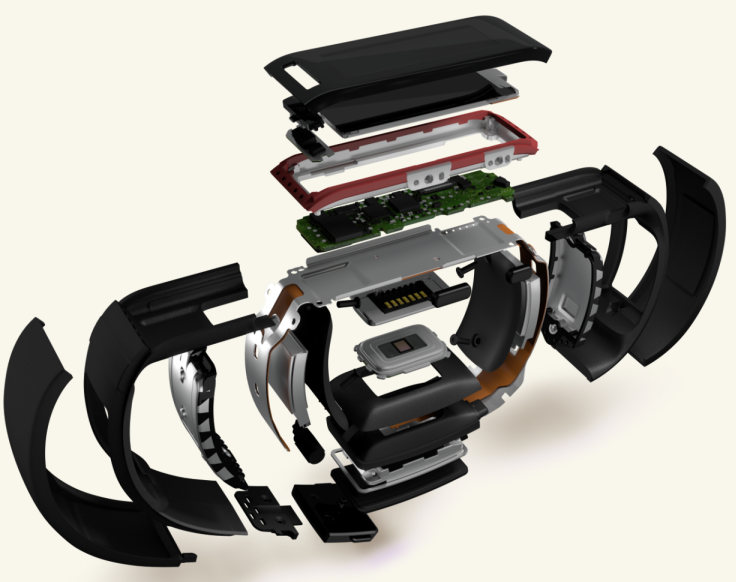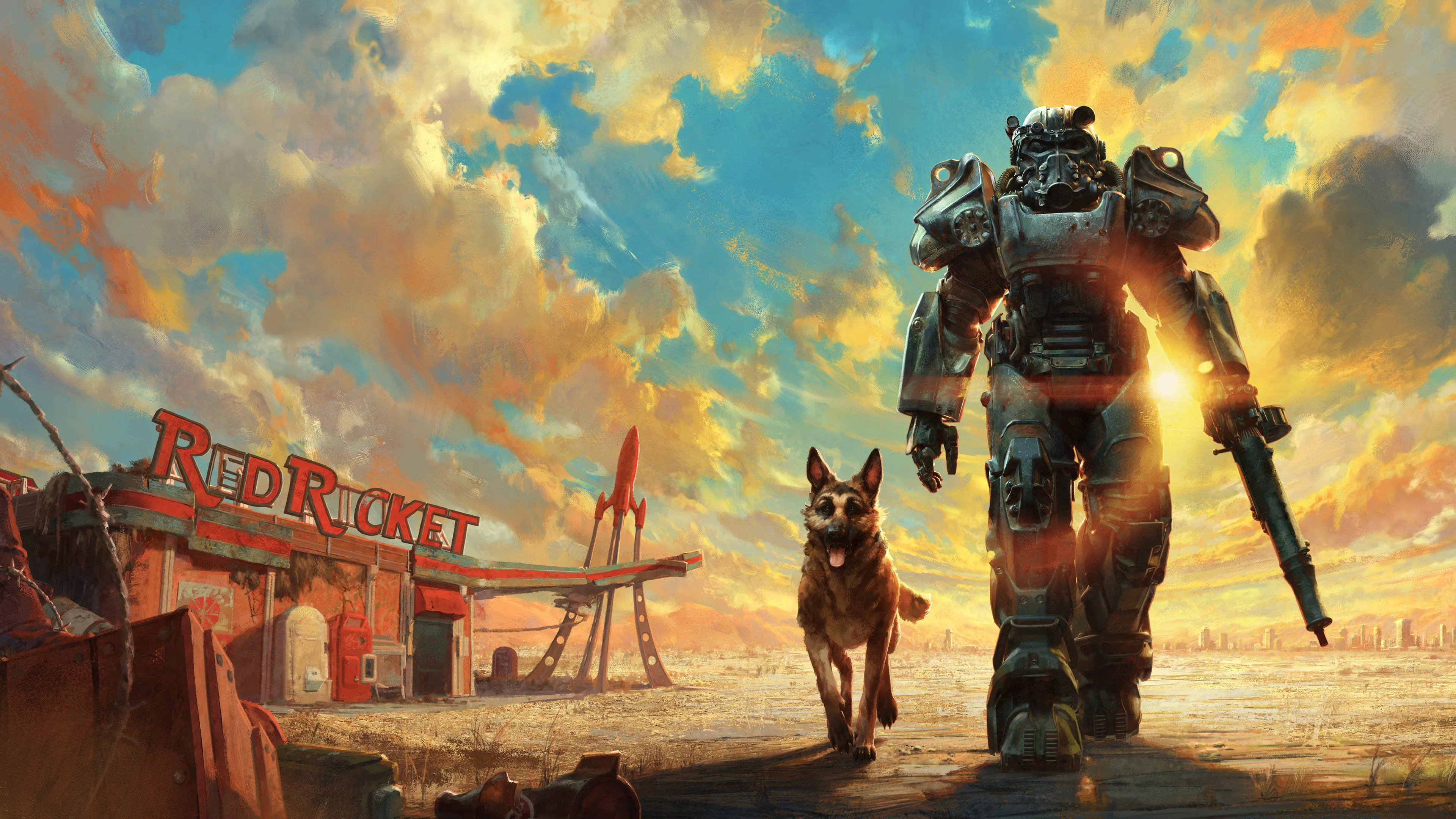Microsoft Band: Read the backstory on the evolution and development Microsoft's new smart device

Tonight, Microsoft unveiled their new health and fitness device dubbed Microsoft Band. You can now order it online in the US or pick it up at your local Microsoft Store starting Thursday, October 30 for $199.
How did Microsoft get to this point of entering in the brave new world of smart wearables? More importantly, what is it that they can bring to the table that other companies have not?
Luckily, Microsoft has answers for us. The company has unabashedly shared a massive 3,000-word essay about the Microsoft Band story, including its conception and development.

The big take away from the Microsoft Band is the thought and care that went into its design. Reportedly, the team behind the Surface was involved with the Band's design and implementation, and it certainly sounds that way. Take this quote from Zulfi Alam, GM of Personal Devices:
"This is just the beginning…Microsoft Health will develop a physical substrate about your data and use that together with a digital substrate to provide you with contextually relevant information be it your feeling of exhilaration when parachuting out of an airplane, how you felt the first time you saw the Grand Canyon or your stress level the first time you presented to Bill Gates. I know that my heart rate topped 120 when I shared our plan for Microsoft Band with him."
Whether it was the size of the band, the sensors or the information engine that collects the information, every bit of the Band just seems…smart. Moreover, it seems realistic for 2014, whereas so-called 'smart watches' all seem like attempts reaching for the moon, but fall well short of the promise.
So grab a coffee and go read the whole thing to understand what Microsoft is trying to do with their Band. We know we will be up early to pick one up at our local Microsoft Store in the morning (you can also now order it online.
Source: Microsoft
All the latest news, reviews, and guides for Windows and Xbox diehards.

Daniel Rubino is the Editor-in-chief of Windows Central. He is also the head reviewer, podcast co-host, and analyst. He has been covering Microsoft since 2007 when this site was called WMExperts (and later Windows Phone Central). His interests include Windows, laptops, next-gen computing, and wearable tech. He has reviewed laptops for over 10 years and is particularly fond of 2-in-1 convertibles, Arm64 processors, new form factors, and thin-and-light PCs. Before all this tech stuff, he worked on a Ph.D. in linguistics, performed polysomnographs in NYC, and was a motion-picture operator for 17 years.
